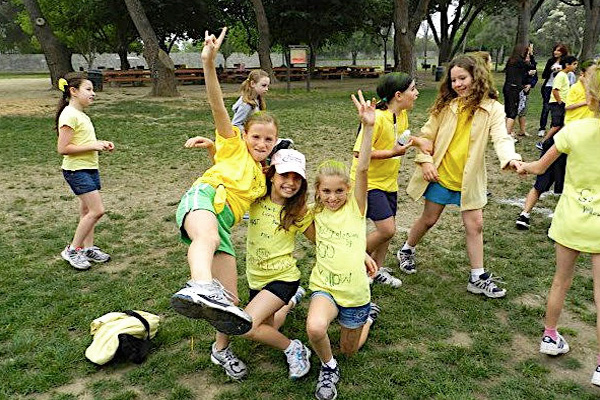WE NEED A STUDY TO FIGURE THIS OUT? –
July 20, 2021 – Currently, the mechanisms why humans receive mental health or cognition benefits from nature exposure is unknown. Scientific research on the role of the human senses is key to establish a causal link,” Maes, a PhD researcher at University College London’s school of Geography, Biosciences and Imperial College London School of Public Health, told CNN.
Maes said in an email that one possible explanation for the link between woodland, cognition and mental health could be that audio-visual exposure through vegetation and animal abundance — which are more common in woodland — provides psychological benefits.
However, there were limitations to the study. The team said the research assumed that living or going to school near natural environments meant more exposure to them, which may not always be the case. Area crime rates were also not taken into account.
Researchers also noted that more than half of participants had parents who had a managerial or professional occupation, meaning that adolescents in other socio-economic groups could be underrepresented in the study. Pupils with special educational needs could also react differently than peers represented in the research.
‘Novel insights’
“The findings are impressive and do highlight the importance of time outside on such a scale,” Carol Fuller, head of the Institute of Education at the University of Reading, told CNN via email.
“That said, while the findings are encouraging, what we don’t get from the study is a sense of why we see the results that we do? While the authors speculate as to the reasons, there is a crucial need to engage directly with young people to understand the results from the perspective of those who were taking part,” Fuller, who was not associated with the research, said.
“The research adds to a growing body of work about the importance of being outside on things like confidence, resilience, and self-efficacy,” she said. “Building on these findings, it would be important to investigate how factors that are associated with exposure to natural environments, such as physical activity and hanging out with friends, may help enhance teenagers’ resilience, health, and wellbeing,” Chan said.



